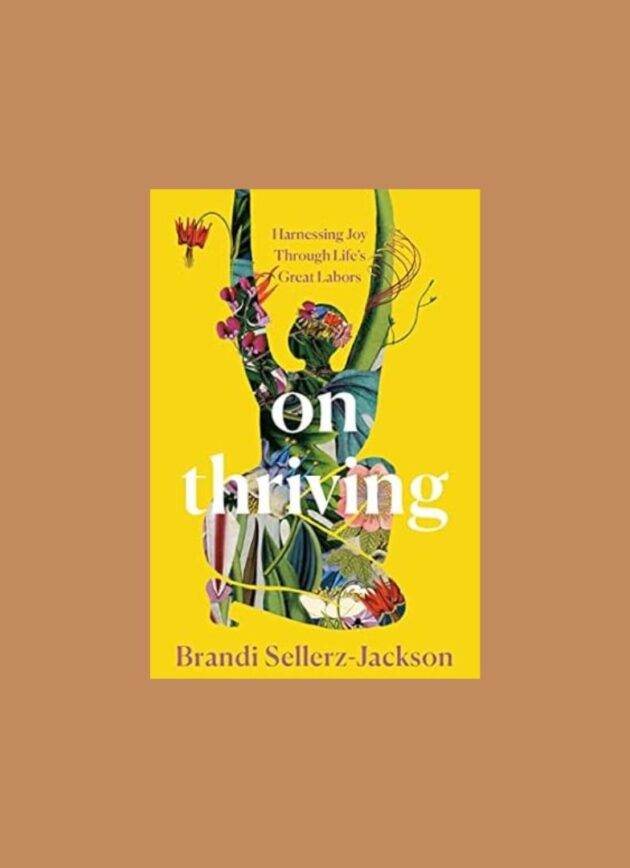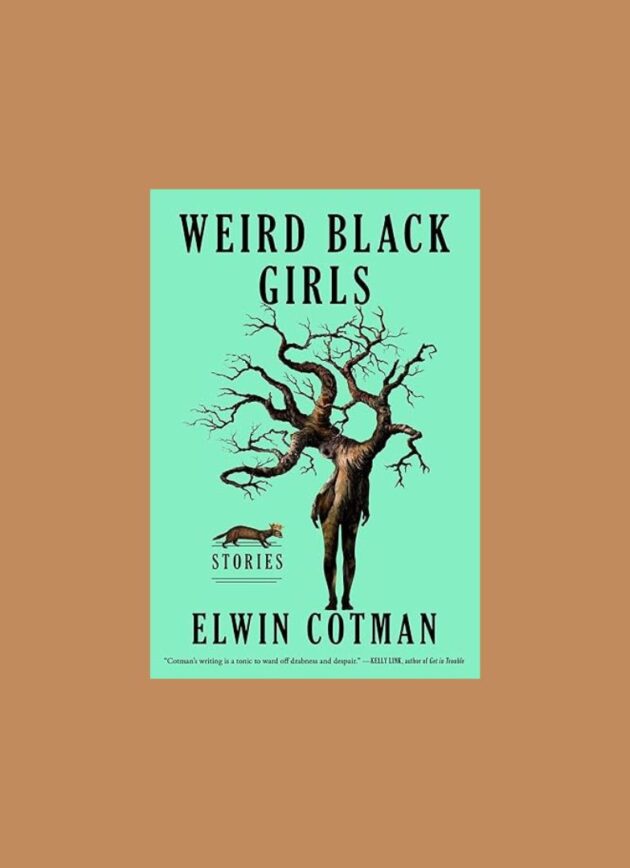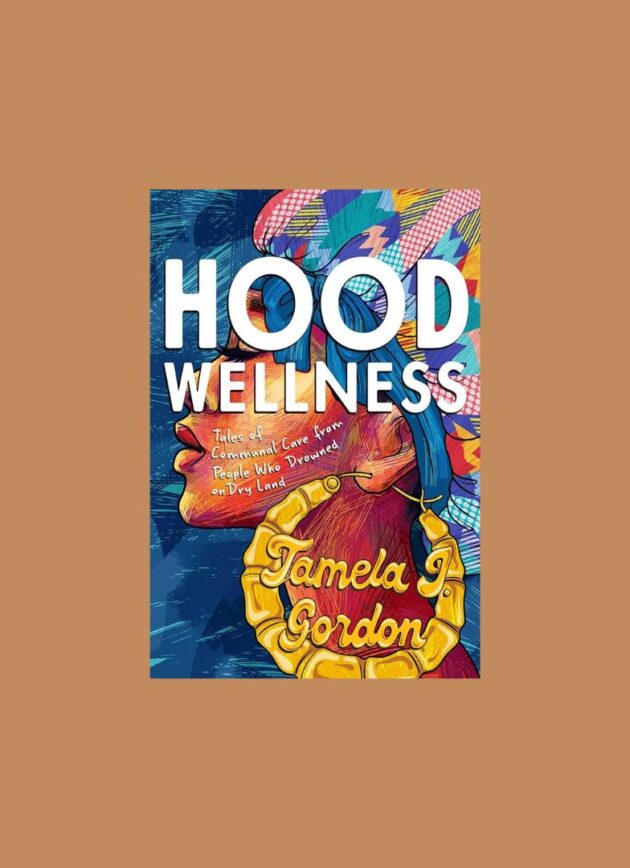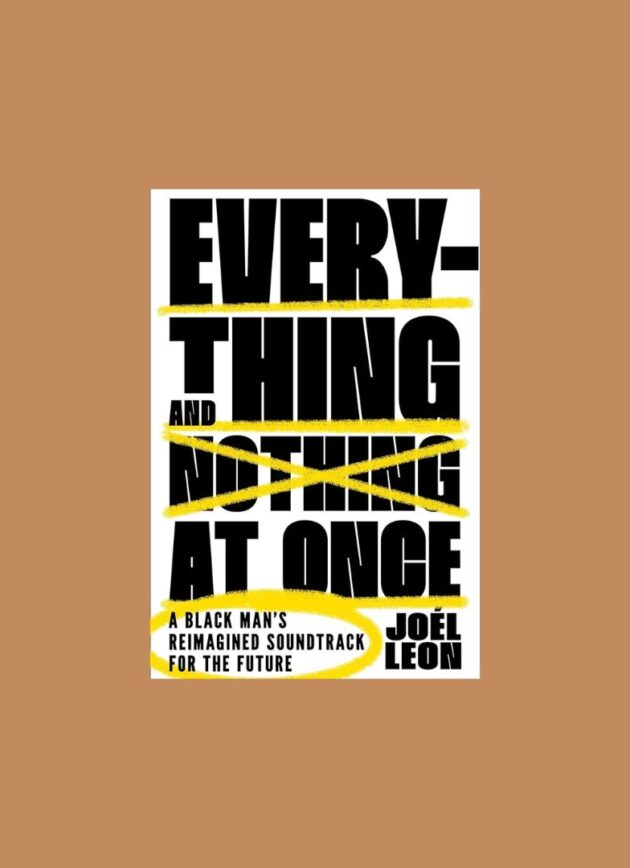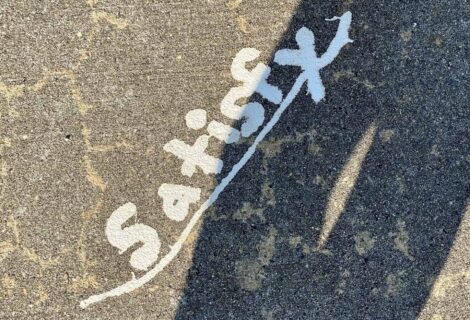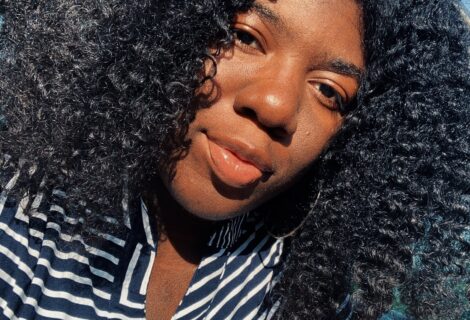Emely Rumble (LCSW), the New York-based psychotherapist, bibliotherapist, and Founder of Literapy NYC, uses reading as a tool to help her clients and social media followers engage with their trauma. It’s called bibliotherapy. A part of the creative arts, bibliotherapy involves storytelling, or the reading of specific texts, to help individuals identify with a fictional character, gain insights about their own lived experiences, and undergo an emotional deliverance towards healing. The results? Well, it depends.
Emely, who later received her master’s in social work from Smith College, first heard the term bibliotherapy while studying English language and literature at the University of York in England. There, bibliotherapy programs were already integrated in prisons and school systems. When Emely returned to the states, she developed a poetry group at a day facility for adults with schizophrenia. “Everybody laughed. They were like, ‘These clients are schizophrenic. Half of them ain’t even living in reality,'” Emely recalls, referring to comments from her peers who doubted the program’s potential. But Emely thought of her clients as “creatives,” not throwaways who had fallen victim to their minds. They were graffiti artists, hip hop artists, and b-boys. Her poetry group became so popular that by the end of her internship, facility leaders wanted more.
I had the pleasure of chatting with Emely about her work of over fourteen years, Black culture, and books we should get into.
What is bibliotherapy?
Bibliotherapy uses imaginative literature–novels, short stories, poetry, plays, and biographies. Up to 20% of children and adolescent are affected by mental health disorders that often persists into adulthood. This low-cost and accessible approach helps individuals of any age improve their self-awareness, empathy, and overall personal development. This therapeutic framework falls under Hip Hop Therapy (HHT), a synergy of rap music, music therapy, and bibliotherapy, pioneered in 1996 by Researcher and Clinician Dr. Edgar H. Tyson. Tyson coined the term while working at a facility for abused and homeless youth in Miami-Dade County.
Comparatively, there are professionals in the expressive arts field without licenses who are helping us heal through discovery and change. Take the collective healing movement, The Nap Ministry. Founded in 2016 by author and activist Tricia Hersey, the organization pushes back against the expectations of capitalism and historical white supremacy. Hersey empowers us to slow down and reconnect with our mind and body to save our life. And napping is the call-to-action. “It’s exciting because these are ancestral practices that we’ve been doing,” Emely says, “we’ve been healing through these practices and are now reclaiming them as our own again.”
Who is bibliotherapy for?
Though bibliotherapy is a treatment modality that works best for people who are natural readers, it can allow anyone to address common life challenges. Typically, folks who are self-aware and often reflect upon past experiences may see the benefits of participating. On the other hand, Emely sees a lot of neurodivergent clients (frequently used with reference to autistic spectrum disorders) who find silence during readings because they feel connected without the complexity or complication of the social world. “Books are not only a reflection of your internal thoughts, feelings, fears, and desires,” Emely adds, “but they’re a window into others’ lives and experiences who might differ from you.” In any recommended text is an entry-level course into human mental, emotional, and social understanding where we can experience our full range of emotions without judgement.
Even our Black elders are finding time to improve their mental health and well-being, to whom Emely often recommends romance books by best-selling author Kennedy Ryan. “At first, they’re like, ‘Girl, I’m not reading that shit.'” But, the moment they get into the story, they can’t put the book down. According to research, more than 1 in 10 elders will experience depression due to poor physical health, isolation, and or loss. Elders, like many others, get a taste of escapism, temporarily stepping away from the unpleasantries of life, for relief and to gain new perspective. Reading can transport us to a place of ease and softness, a ways away from the dangerous myth of Black exceptionalism.
What happens during bibliotherapy?
Outside of fictional characters, many of us struggle to admit when we are fearful, hateful, or jealous. “These are human feelings that we all have,” Emely assures us, “and before you admit it to a therapist, you have to admit it to yourself.” But with an entry point, the POV of a fictional being, people are less defensive and judgmental of themselves and others. Instead of talking about our own personal and intimate experiences, through bibliotherapy, we get to talk about someone else’s. This gives us confidence to engage in intentional dialogue with a professional about topics we would not likely discuss otherwise and identify our triggers. This type of setting makes space for transparency and responsibility because the spotlight isn’t bearing down on us.
How do we know bibliotherapy is working?
Bibliotherapy is not a science, it’s an art. We may feel worse before we feel better, but we’ll have the tools to properly engage with our thoughts and emotions. The goal isn’t to not be triggered. Instead, you understand what’s causing you to be triggered and can cope with your body’s response. Healing is about a greater self-compassion and self-acceptance. “It’s about having more agency than you believe you have. You’re not a victim. Healing comes when we activate the self and get really fucking clear about who we are and why we’re here,” Emely says. And to do this, we must shed false narratives of who we’ve been told we are and grow confident in our “personhood.”
How do we handle emotions that come up during readings?
It’s important for us to honor the emotions that come up during our readings. Too many of us try to dull the pain or decrease the intensity of our emotions. When you notice an emotion arising, get curious about it. “Sometimes, when we’re triggered, we think we have to do something about it,” Emely adds. However, trauma healing is simply being aware. Where we struggle most is when we attempt to reject trauma or minimize the impact that it has had on us. In order for us to heal, we must admit that something has altered the way we think and move in this world, changing us forever. But just because we’ve been changed, it doesn’t mean that we’re broken.
Emely’s Short List
You think your pain and your heartbreak are unprecedented in the history of the world, but then you read. It was books that taught me that the things that tormented me most were the very things that connected me with all the people who were alive, who had ever been alive. –James Baldwin



